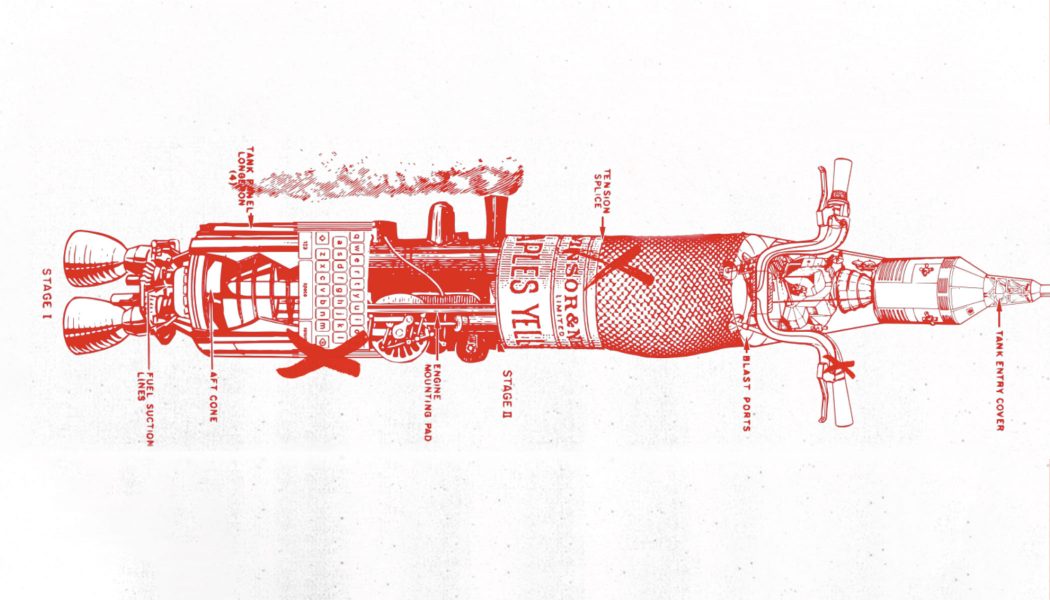If you had a nickel for every time someone said, “Look, it’s not exactly rocket science,” you’d probably be able to keep the meter maids at bay for a few hours. Or maybe Denise has hit you with, “It doesn’t take a rocket scientist to figure this out,” once or twice at work. Well luckily for Denise, we knocked on the door of the Whalebone Division of Aerospace Engineering and asked for some simple guidelines. What we learned, snooping around in their heads a bit, should help you figure out if what you’re up to really is (or likely isn’t) freaking rocket science.It’s not exactly rocket science.
Are you making anything like a rocket?
Seems like a pretty easy starter, but you’d be amazed how many folks skip this one. A rocket is defined as: a cylindrical projectile that can be propelled to a great height, distance or speed by the combustion of its contents—obtaining thrust from a rocket engine. This would cover rocket ships, fireworks, missiles, torpedoes, rocket bikes, rocket sleds, rocket-powered anything re-ally (lookin’ at you jet pack) and probably even jet skis. We can very much confirm that NERF darts, slingshots, rocket pops, Rocket Racoon and projectile vomit won’t qualify as such.
Are you making anything go really high, fast or far?
If you’re trying to put something into the air, above the troposphere, across an ocean, into sonic speed or through a space-time barrier you’re likely using some parts and pieces of rocket science. Getting really high, climbing mountains, taking a road trip, upgrading your phone plan for better speed, riding a skateboard down a hill, or asking your taxi driver to use the shoulder to blaze through traffic doesn’t quite meet muster.
Are you applying any of Newton’s laws?
This broadens the list since Newton’s laws cover pretty much every-thing in the known universe, but working with them directly probably means you’re onto something. Newt’s first “Law of Inertia” (objects at rest will stay at rest…) could apply to plenty of rocket science, but probably not too relevant for getting you off the couch. Second law is about force but your average barista isn’t thinking through F=ma (force equals mass x acceleration) to crush that americano order, but physics is big on numero dos. Third law is, “For every action, there is an equal and opposite reaction.” And although it may feel like it, anything pertaining to your love life doesn’t meet rocket science standards—but chain reactions totally qualify.
THINGS COMMONLY MISCONSTRUED AS ROCKET SCIENCE:
- Email subject line writing.
- Returning an obviously broken thing after 30 days.
- Geology.
- Picking a place to eat for a group of friends.
- Changing a tire.
- Changing your oil.
- Changing lightbulbs.
- Jumping a car battery.
- Deciding what to watch on Netflix. Or Hulu. Or Disney+.
- Assembling IKEA furniture.
- Rockette choreography.
- Coaching the Houston Rockets.
- Simply being nice.
- Anything Denise is demanding the manager to do.










